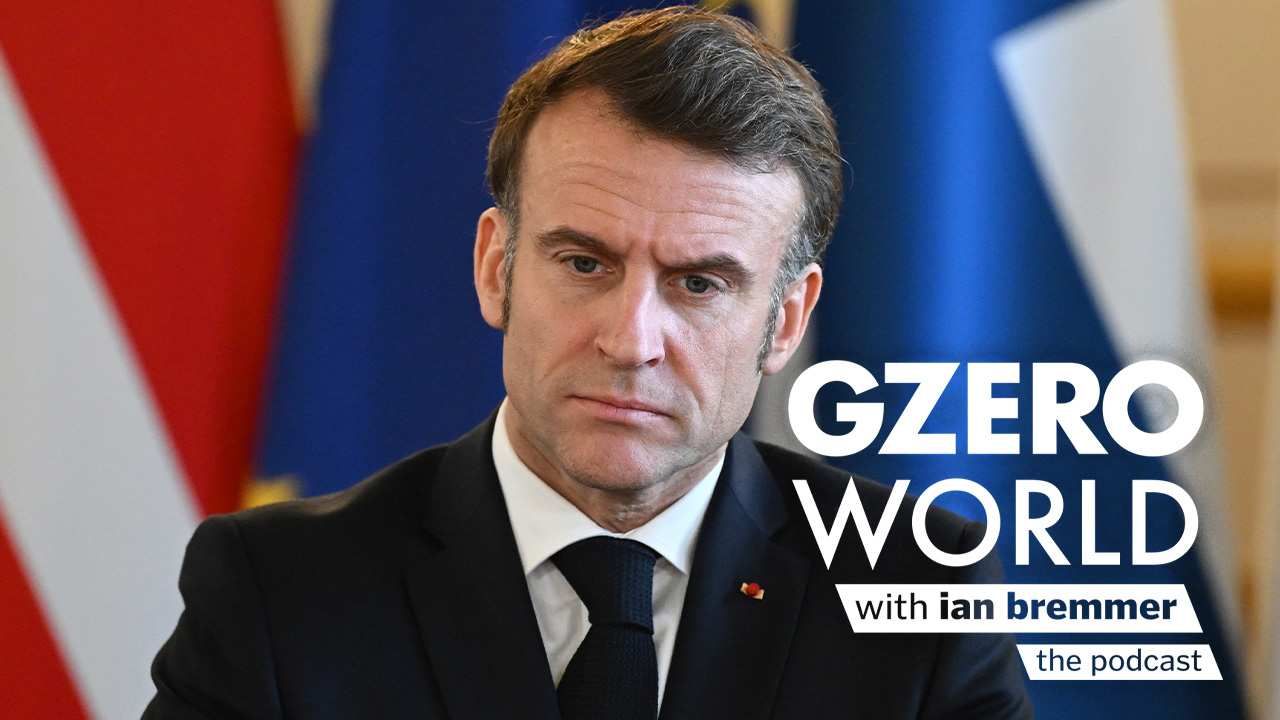News
April 17, 2019
430,000: Japan's population is shrinking by the equivalent of a medium-sized city each year due to a rapidly declining birth rate. The native-born Japanese population fell by 430,000 in 2018, while 161,000 migrants entered the country, partially offsetting that loss.
67: Prices of staple foods in Iran have soared this year – with the price of beef up 67 percent, fruit up 58 percent, and rice up 24 percent – as US sanctions have sunk the Iranian economy. Police in Tehran arrested 43 people accused of manipulating Iran's meat market over the Persian New Year holidays in early April.
51: Just over half of Russians in a recent poll – 51 percent – expressed admiration, sympathy, or respect for Josef Stalin, the highest reading since pollsters began tracking public attitudes towards the former Soviet dictator in 2001. Seventy percent of respondents said Stalin's three-decade reign had been "positive" for the country.
42: Of the 270 million people living in Indonesia, the world's largest Muslim majority country, around 42 percent, or 113 million, are under the age of 25. Educating, training, and finding jobs for the country's growing youth population will be a key challenge for the next president.
4: Measles cases reported around the world have quadrupled over the past year to more than 112,000, according to the World Health Organization. Africa has been worst-hit, with cases of the dangerous respiratory illness up eight-fold across the continent. Cases are also rising in the US, Thailand, and other countries with traditionally high levels of vaccination – a trend that a WHO official attributed to online anti-vaccine conspiracy theories.
More For You
Ian Bremmer sits down with former US Ambassador to NATO Ivo Daalder to unpack a historic shift in the transatlantic alliance: Europe is preparing to defend itself without its American safety net.
Most Popular
Think you know what's going on around the world? Here's your chance to prove it.
U.S President Donald Trump, U.S. Vice President JD Vance, and U.S. Secretary of State Marco Rubio pose for a family photo with other representatives participating in the inaugural Board of Peace meeting, at the U.S. Institute of Peace in Washington, D.C., U.S., February 19, 2026.
REUTERS/Kevin Lamarque
Argentina, Armenia, Belarus, Egypt, Indonesia, Jordan, Pakistan, Paraguay, Vietnam – to name only a few.
A poster featuring Andrew Mountbatten-Windsor, formerly known as Prince Andrew, is installed on a sign leading to the parking area of the Sandringham Estate in Wolferton, as pressure builds on him to give evidence after the U.S. Justice Department released more records tied to the late financier and convicted sex offender Jeffrey Epstein, in Norfolk, Britain, February 5, 2026.
REUTERS/Isabel Infantes
British police arrested former Prince Andrew Mountbatten-Windsor today over allegations that in 2010, when he was a UK trade envoy, he shared confidential government documents with convicted sex offender Jeffrey Epstein.
© 2025 GZERO Media. All Rights Reserved | A Eurasia Group media company.
